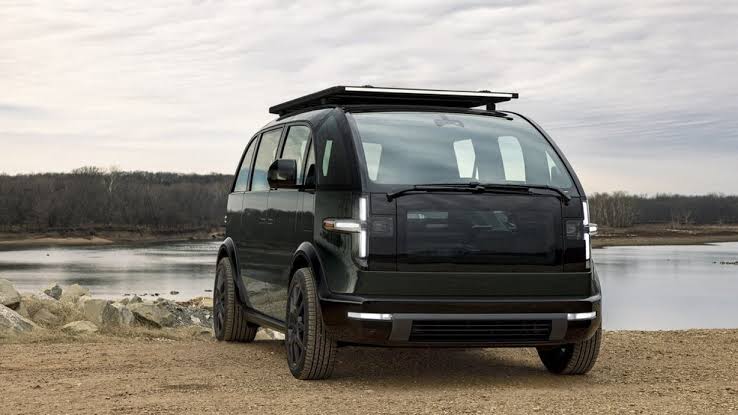Canoo Enforces Mandatory Unpaid Leave Amid Financial Struggles
Electric vehicle (EV) startup Canoo is taking drastic measures to cope with its ongoing financial struggles, implementing a mandatory unpaid leave for its remaining employees through the end of 2024. This decision follows a recent round of furloughs, where nearly 100 workers were temporarily laid off, and the idling of its Oklahoma-based assembly plant due to a lack of funding. Employees were informed that, starting Friday evening, they would be locked out of Canoo’s systems, although their benefits will remain active through December.
Uncertainty and Unpaid Leave
The email informing staff of the unpaid leave outlined the difficult situation. Employees were told they would be locked out of the company’s internal systems but assured that their benefits, including healthcare, would remain in place until the end of the month. The company did not provide further clarity on when operations would resume or how many employees are still with the company after the recent furloughs. Canoo and its CEO, Tony Aquila, have not publicly commented on the shutdown or responded to media inquiries.
Industry insiders suggest that these moves could be the first step in more drastic cuts, with further layoffs or restructuring on the horizon if the financial strain continues.
Funding Crisis Forces Tough Decisions
The recent furloughs and facility shutdowns underscore the severe cash shortage facing Canoo. The company revealed in November that it had only $700,000 in its bank account, a dire sign of its dwindling financial resources. Alongside these challenges, Canoo also closed its Los Angeles office, which had served as its headquarters, exacerbating the company’s operational instability.
Canoo’s financial troubles are compounded by a wave of executive departures in 2024. The company has lost several key leaders, including its CFO, CTO, and general counsel, raising further concerns about its ability to manage the crisis effectively. These leadership changes come on top of an already fragile situation, adding to the uncertainty surrounding the company’s future.
Stock Split to Maintain Nasdaq Listing
In a bid to keep its stock listed on the Nasdaq exchange, Canoo has announced a 1-for-20 reverse stock split, effective December 24. This move is intended to boost the price of its stock, which has fallen below the minimum required to maintain its listing. The company hopes that this consolidation will attract more institutional and retail investors, although reverse stock splits are often seen as a sign of financial instability.
Despite this effort to improve its stock’s market performance, analysts remain concerned about Canoo’s long-term survival. Without a significant injection of funds, the company’s ability to weather the storm is in serious doubt.
Struggling to Compete in a Crowded EV Market
Founded in 2017, Canoo initially aimed to disrupt the EV market with innovative electric vans and trucks tailored to adventurous consumers. However, the company has struggled to establish a foothold in the broader market and has primarily focused on government contracts. While the U.S. government has been a steady customer, Canoo has been unable to capture significant demand from the commercial or retail sectors, limiting its growth potential.
Financial analysts have raised red flags about Canoo’s viability for years, citing concerns about its cash flow and inability to secure consistent funding. These worries have proven prescient as the company continues to hemorrhage talent and struggle with mounting debts.


Comments are closed.